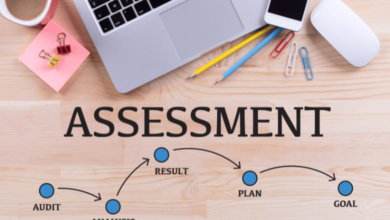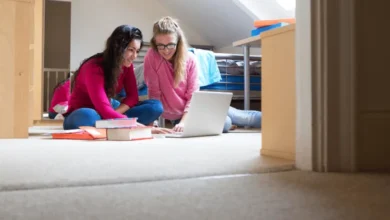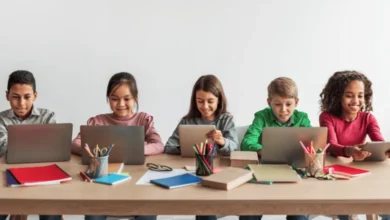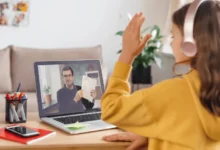Teaching Young Children: A Beginner’s Guide
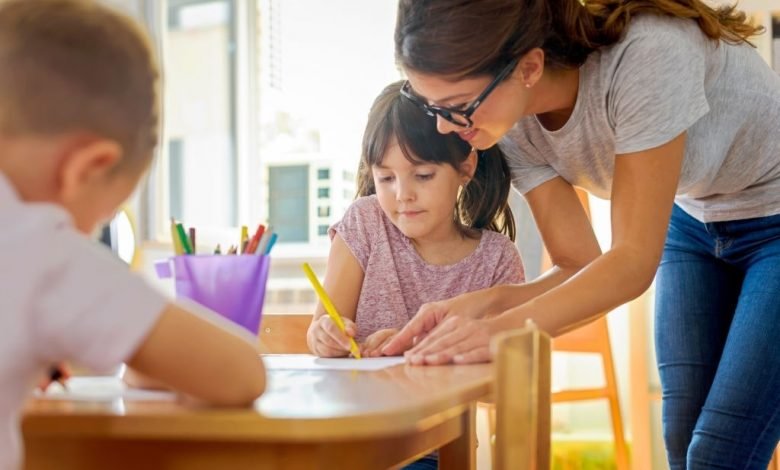
Whether you’re a parent yourself or interested in entering the field of teaching young children, there’s plenty to learn if you’re interested in early childhood education. The supple minds of infants require a delicate touch and careful tuition and attention in order to help them learn and experience the joy of curiosity. This article looks at what you’ll need to do in order to teach young children well – whether you’re thinking of homeschooling your own child or you’re considering a career in early childhood education.
Qualifications
You cannot adequately teach a child without some grounding in how young minds work. To get that and to learn the appropriate way to teach children, you’ll need to get qualified. This can take place in an education setting like a college or a university, or online, via courses that you’ll take remotely and that you can complete alongside your other work or family obligations.
Look, for instance, into the Fresno Pacific Early Childhood Education Certificate that’ll equip you with all the skills you’ll need to homeschool your own child from an early age. Such certificates also mean that you’re able to approach early learning centers or schools in order to get a job as a teacher – which can be the beginning of a deeply rewarding career with young people.
Tone and Language
One of the most difficult aspects of teaching young children is how you decide to address them. As a parent, you might have found the right tone and register to apply to your child, but if you’re not a parent, learning once more how to speak to and be understood by children can take some time. This is just one of the skills that you’ll learn on a qualification course, but it’s also something that you can pick up from exposure to children.
If you have a family member with a young child, for instance, you might find it useful to spend a little time with them. You’ll slowly learn what kinds of conversations and tasks that they respond to and which they do not. You can take this experience directly into your own role as a future early childhood educator.
Learning Matter
Children’s’ brains develop fast. One year they’ll be learning how to speak the letters of the alphabet, and the next, they’ll be happily reading early learning books out loud on their own. So learning how children’s minds develop and what might be age-appropriate teaching material is something that’s crucial for home-schoolers and early childhood teachers alike.
These rules aren’t always age-specific. Some children develop far faster than others, so a sensitivity to a child’s boundaries is incredibly important if you’re to be a good teacher for all the children in your class. Getting to know each child – what they like and how good they are at certain core tasks and skills – is a joy in itself, as you get to see the early personalities of children express themselves.
These tips are designed for those interested in getting to grips with early childhood teaching: a rewarding, joyful experience for both adult and child.
Also Read:
https://foxnewsflip.com/top-tips-for-staying-motivated-as-a-distance-learner

